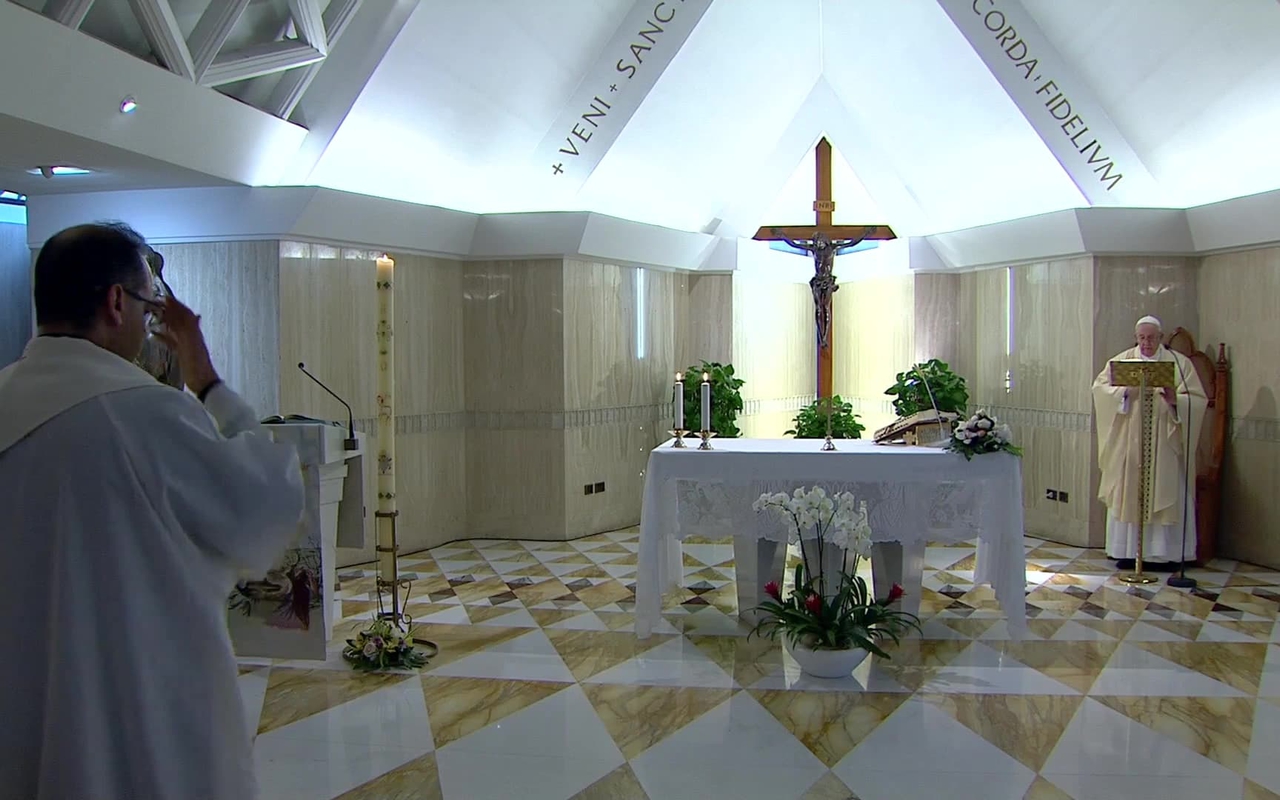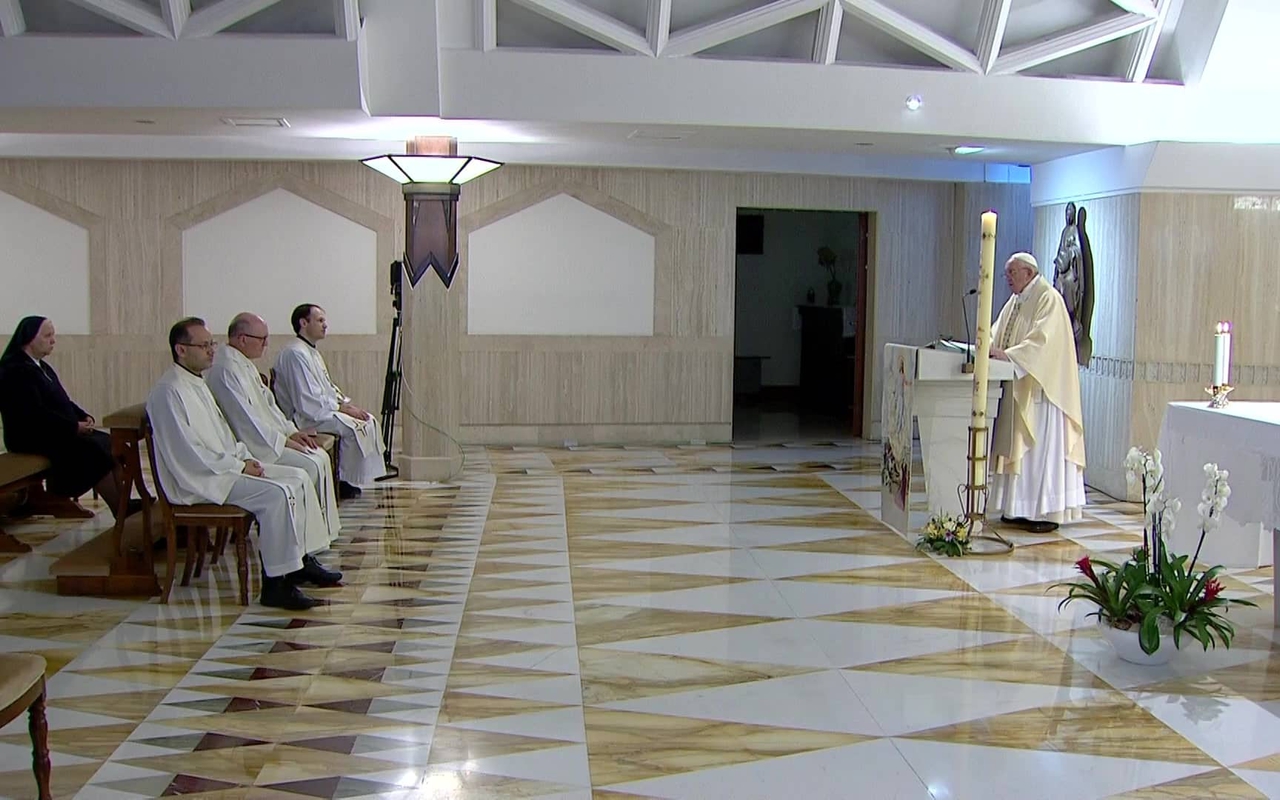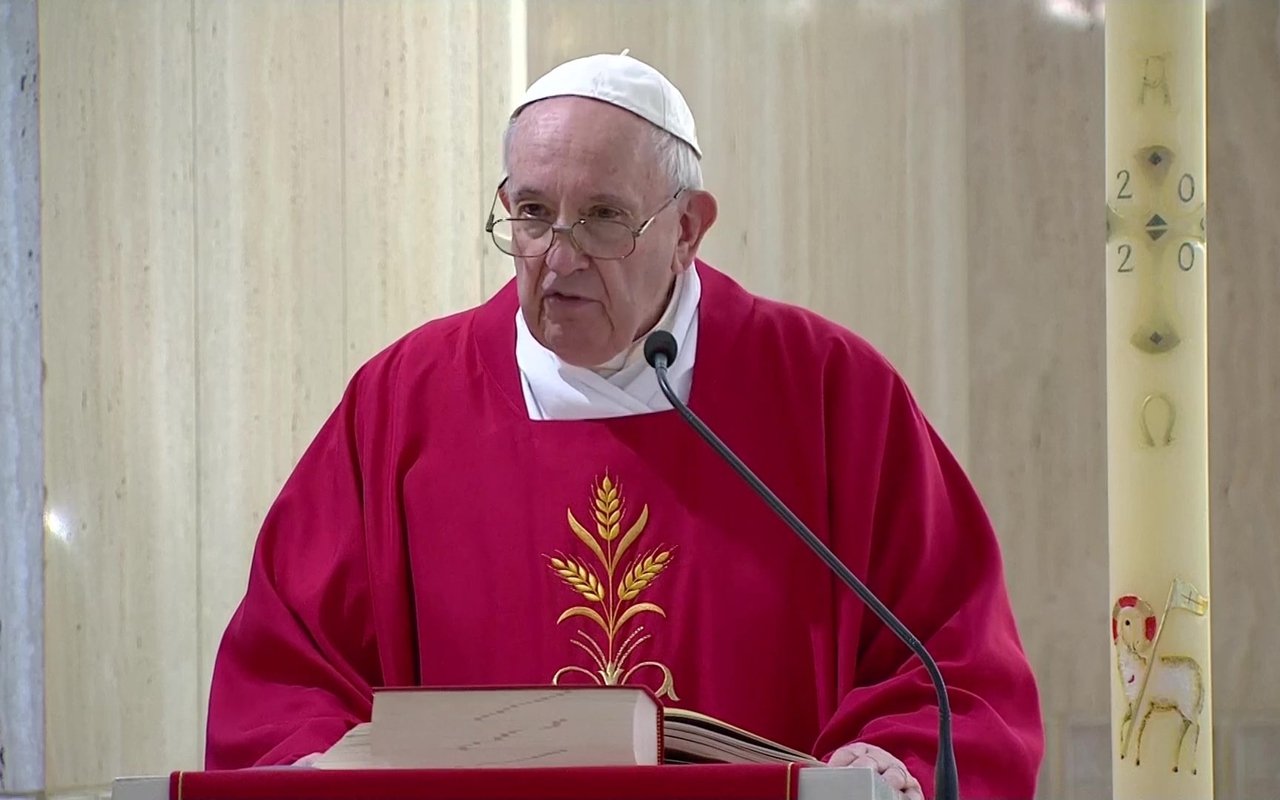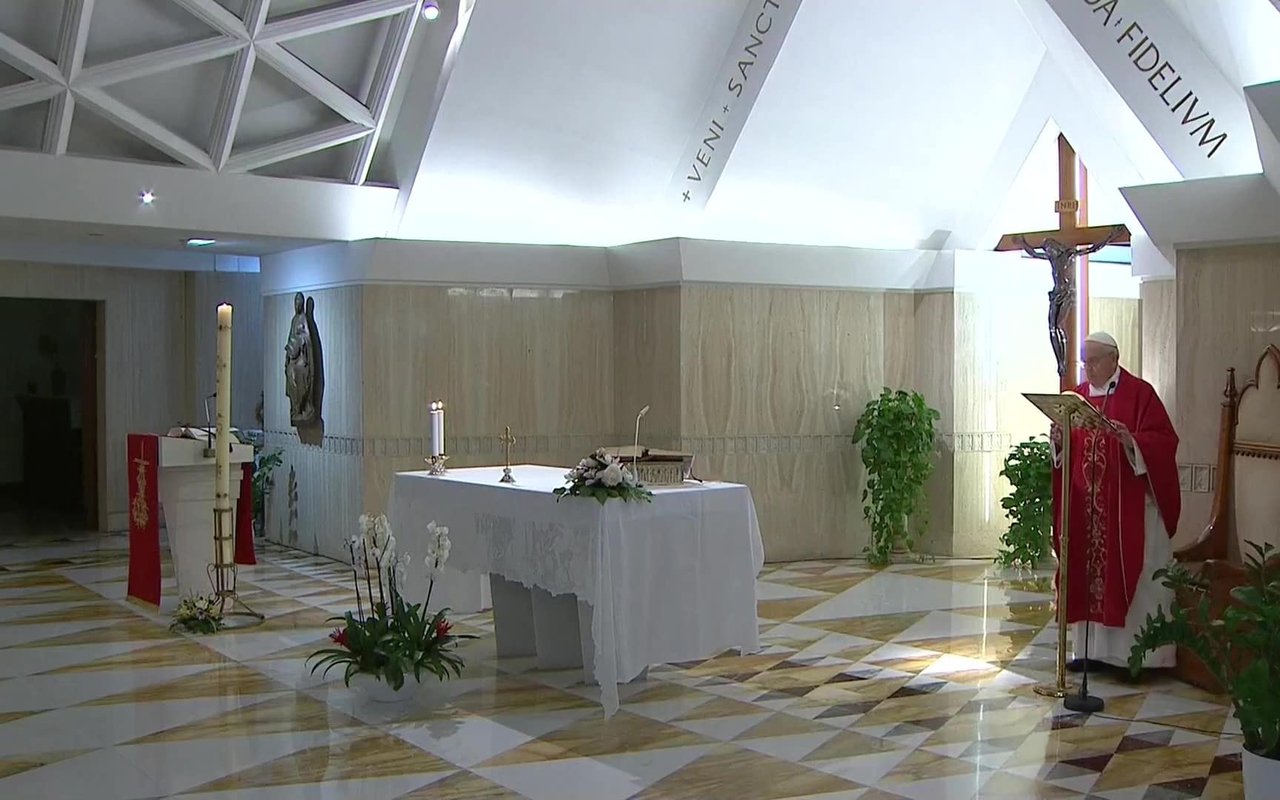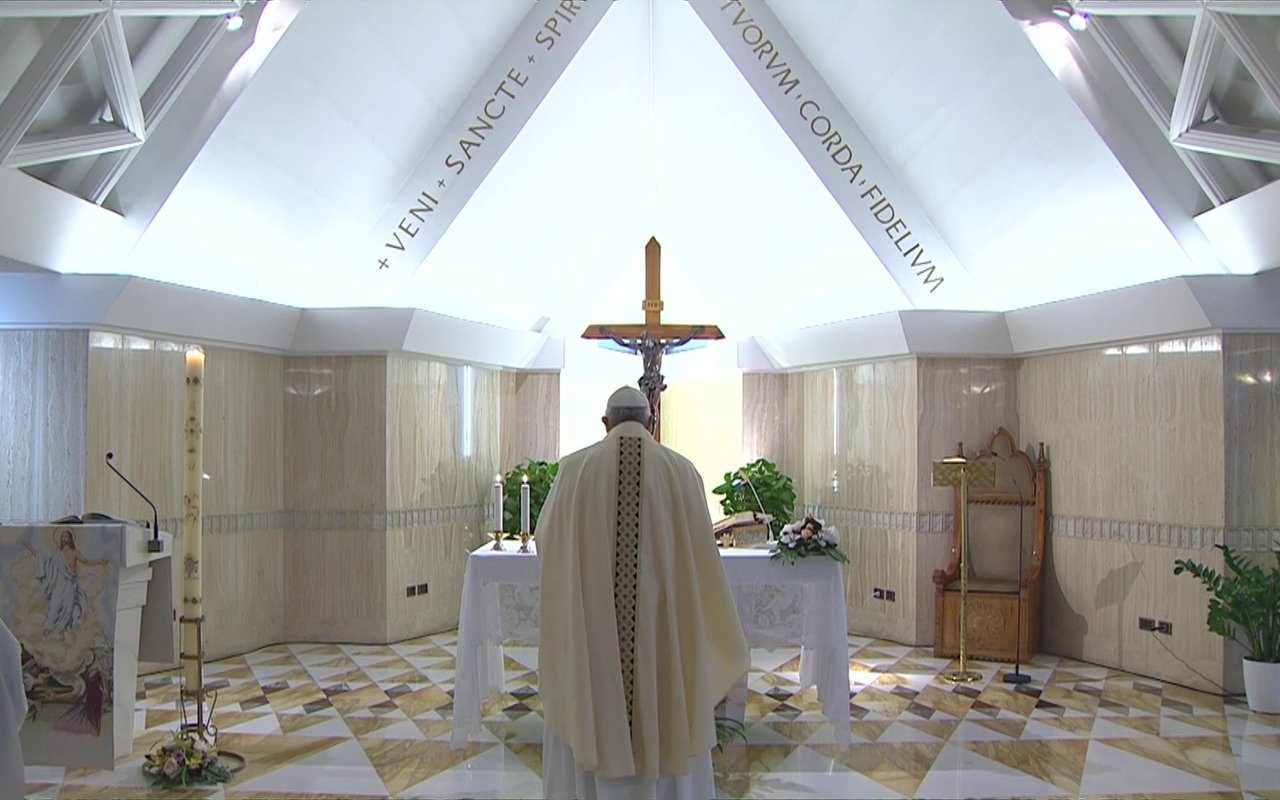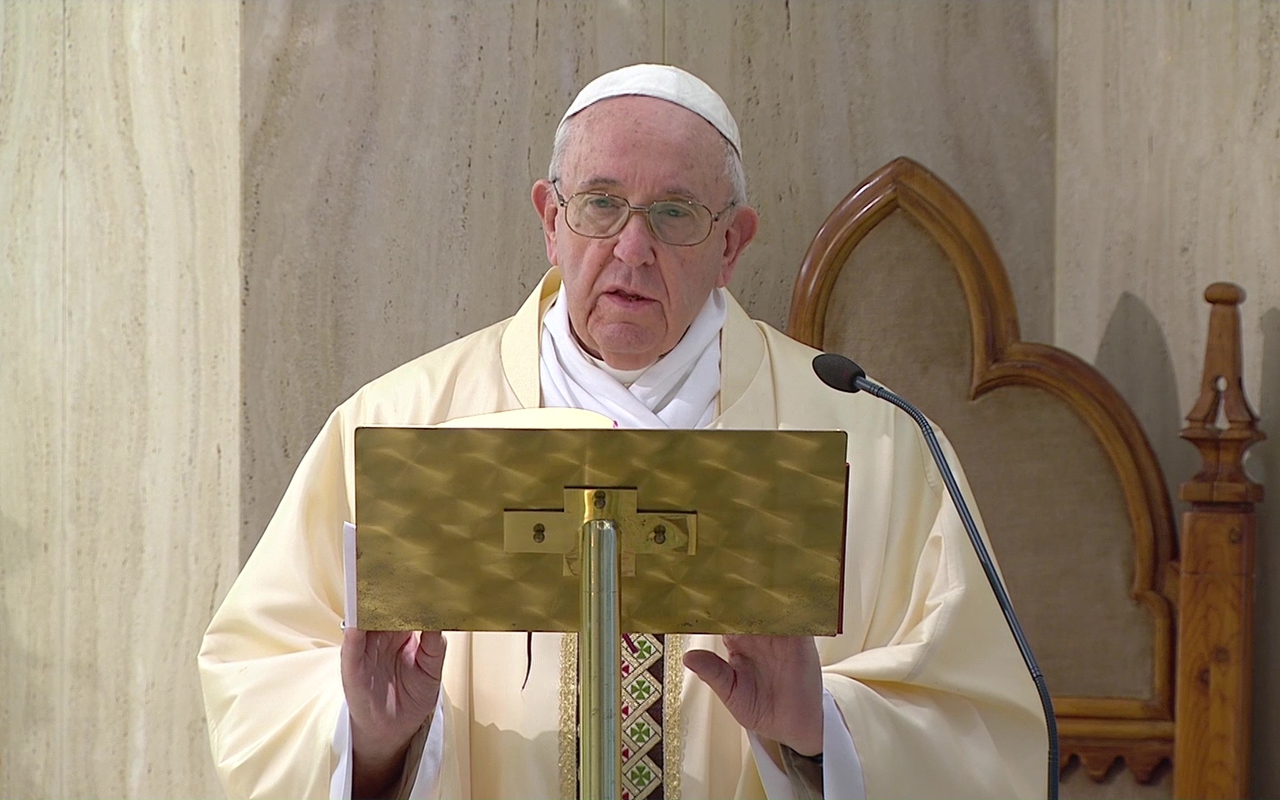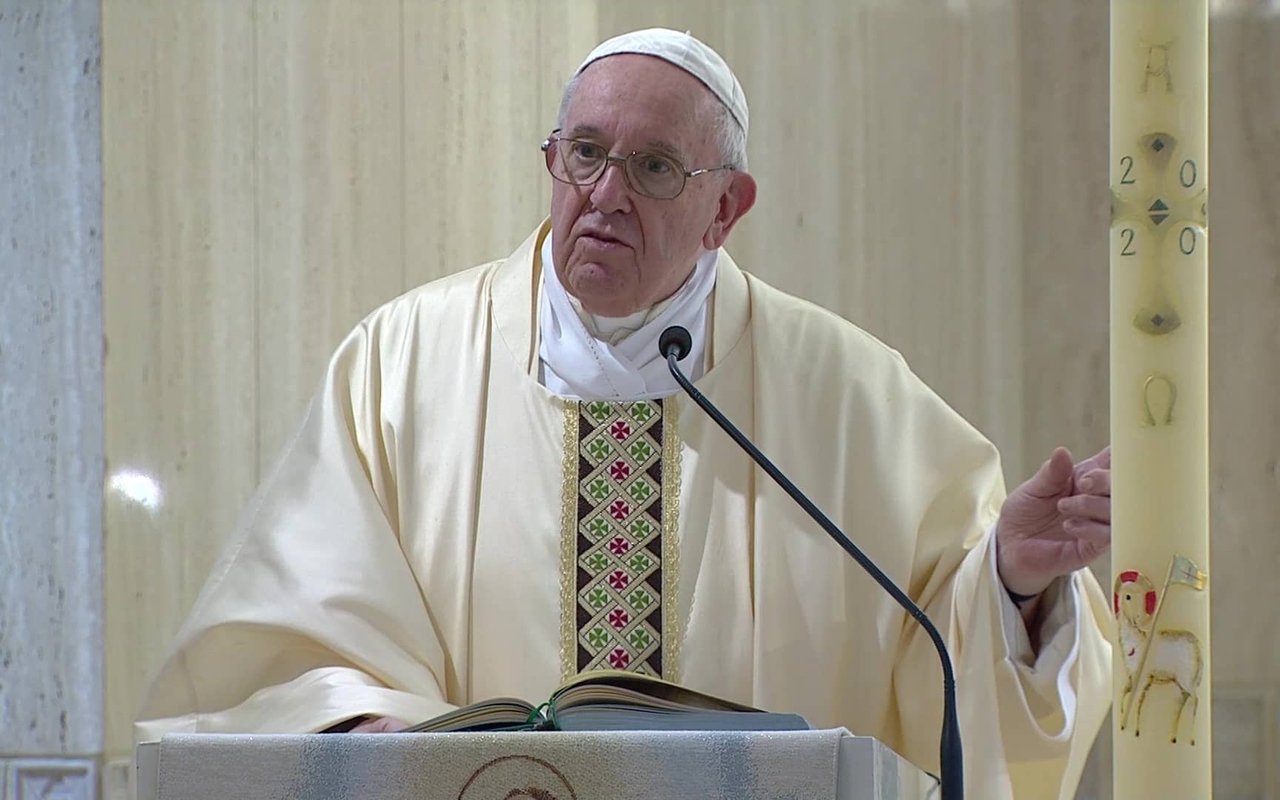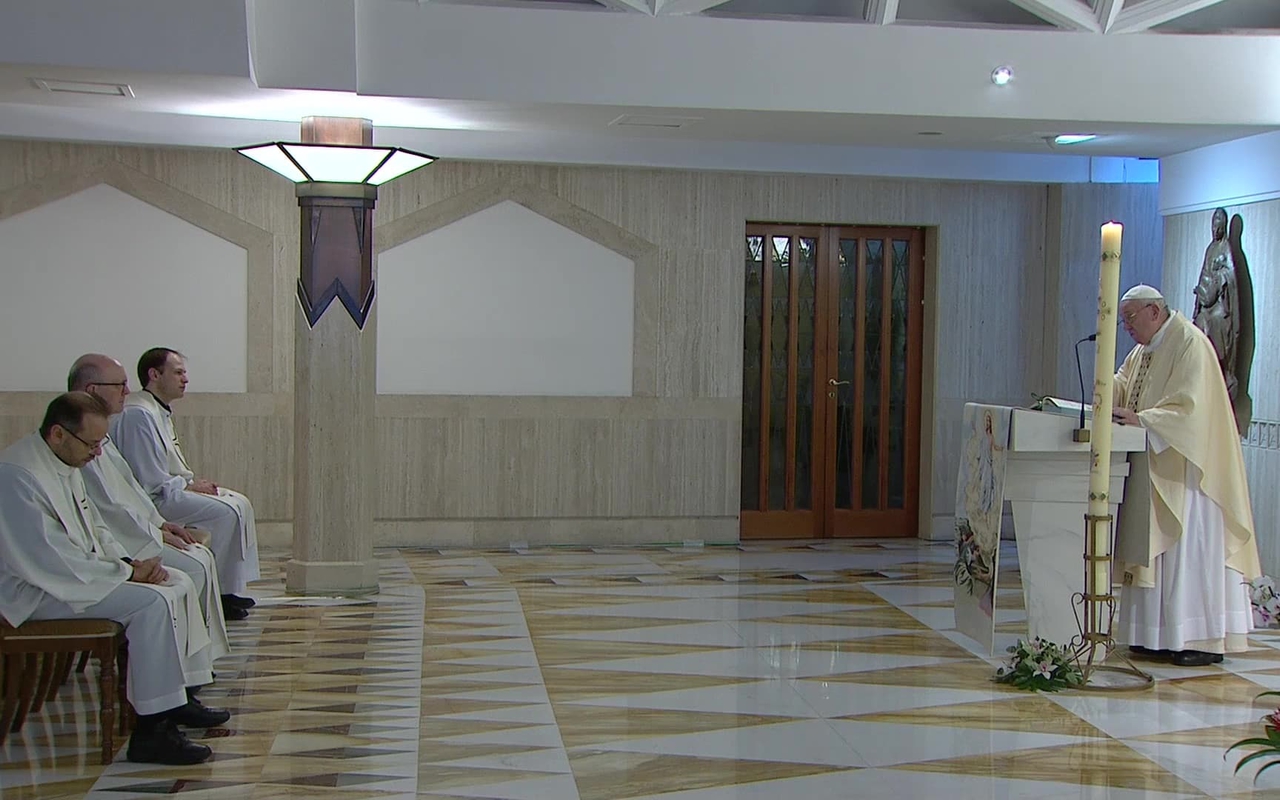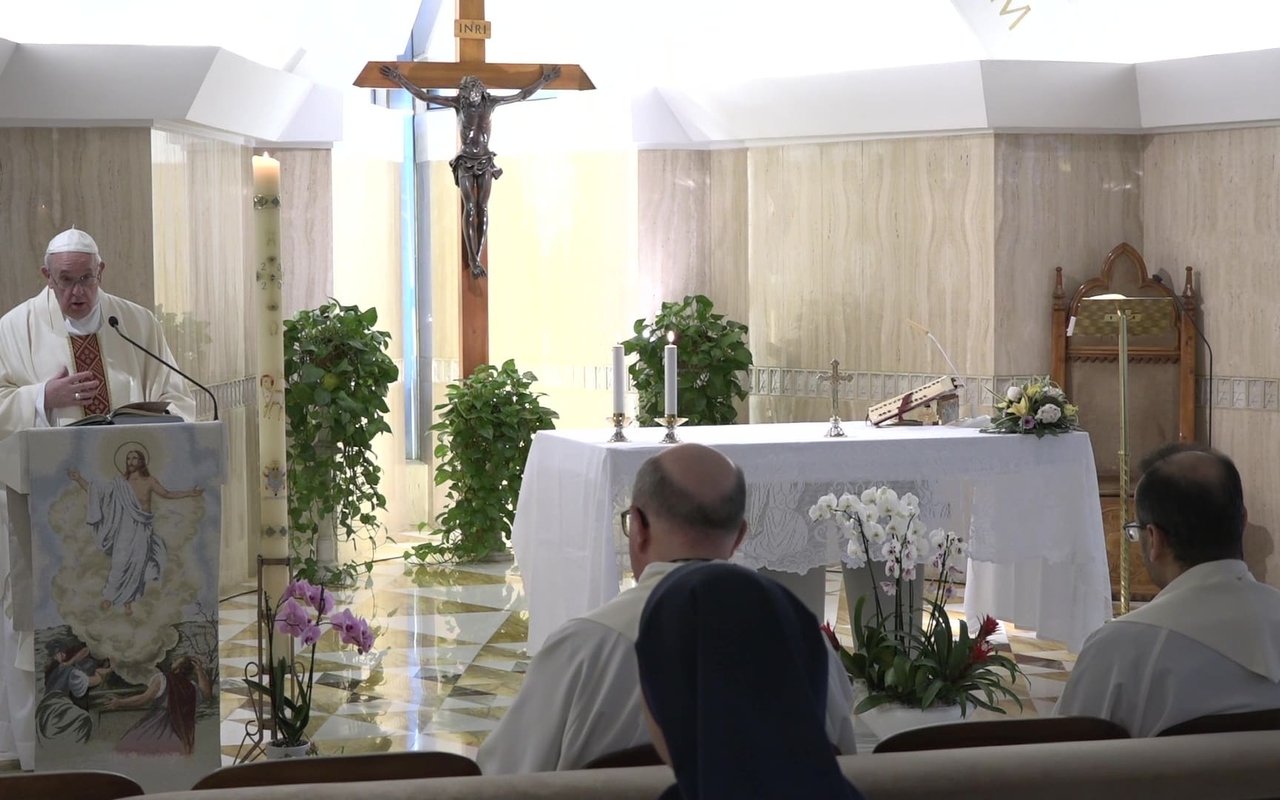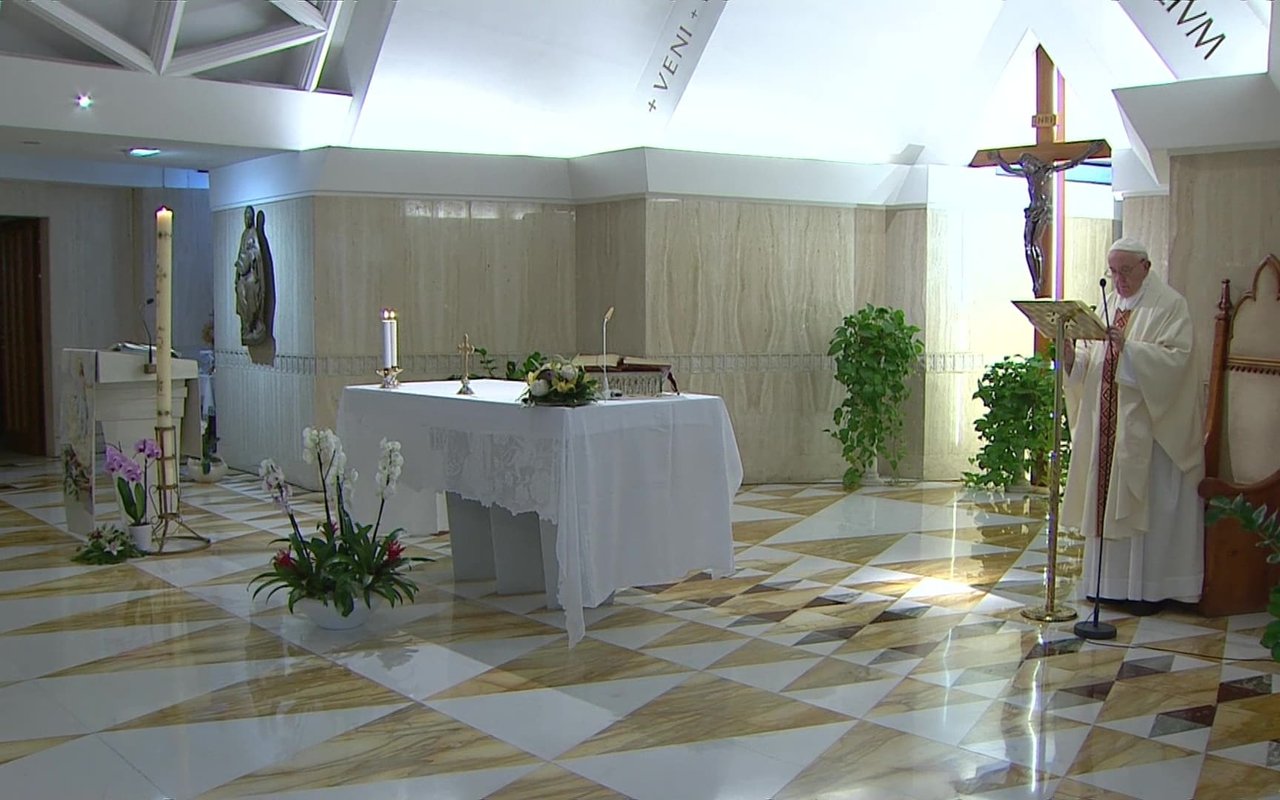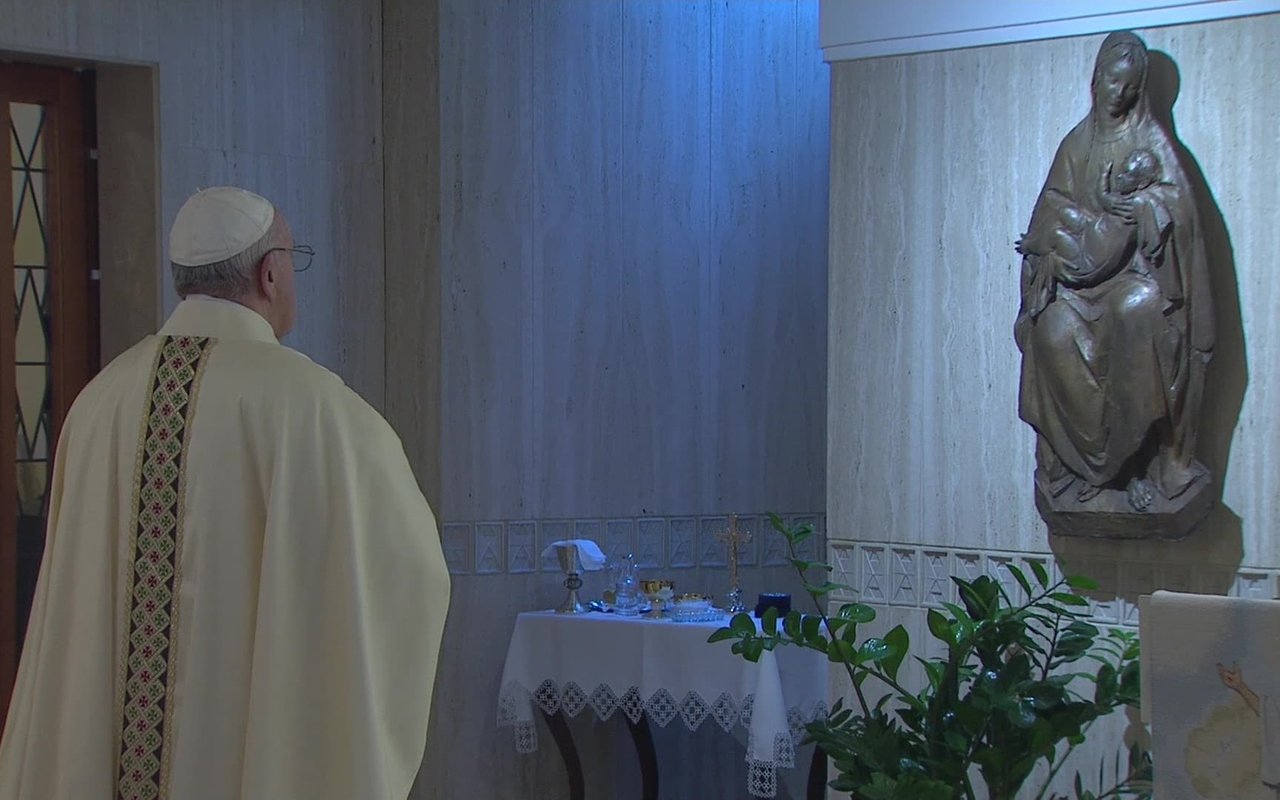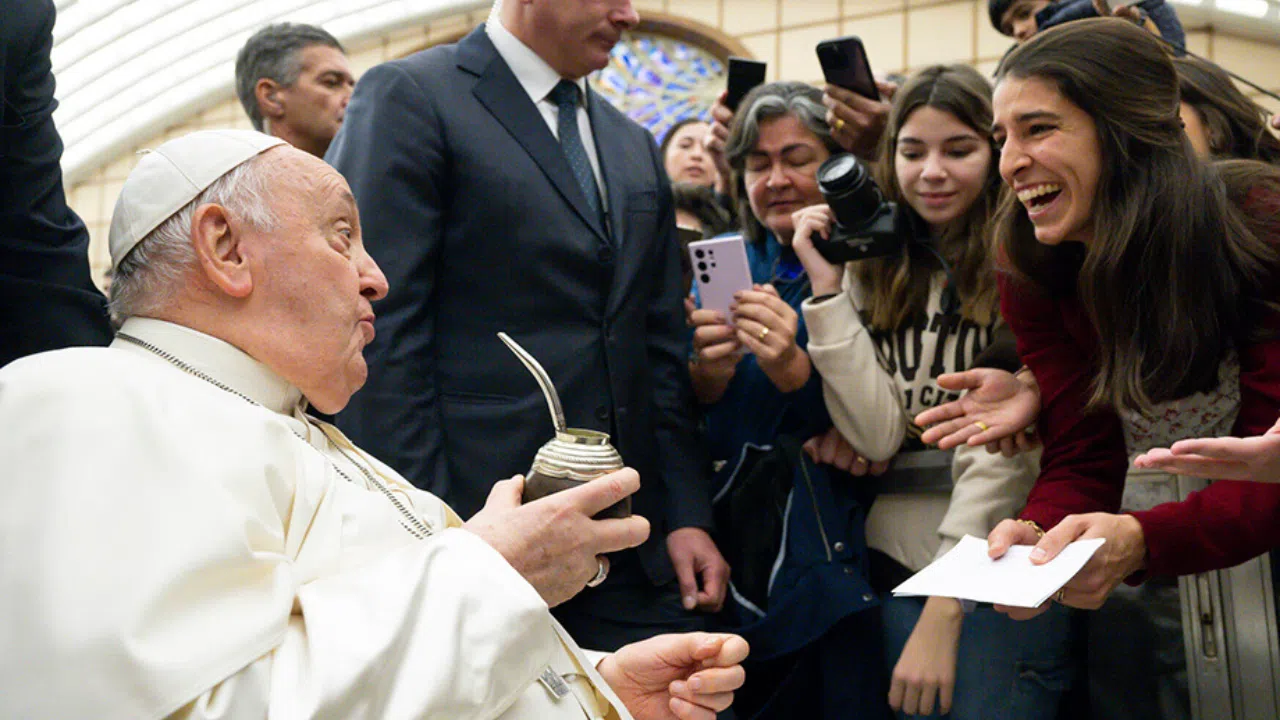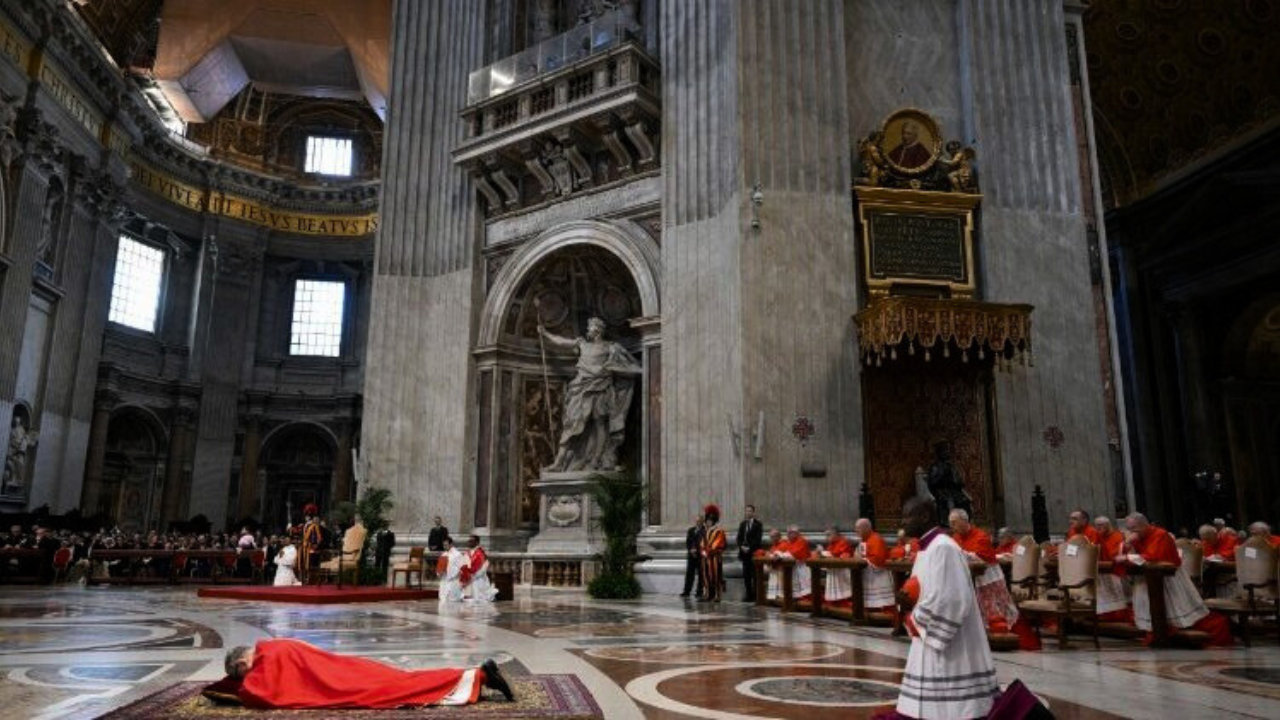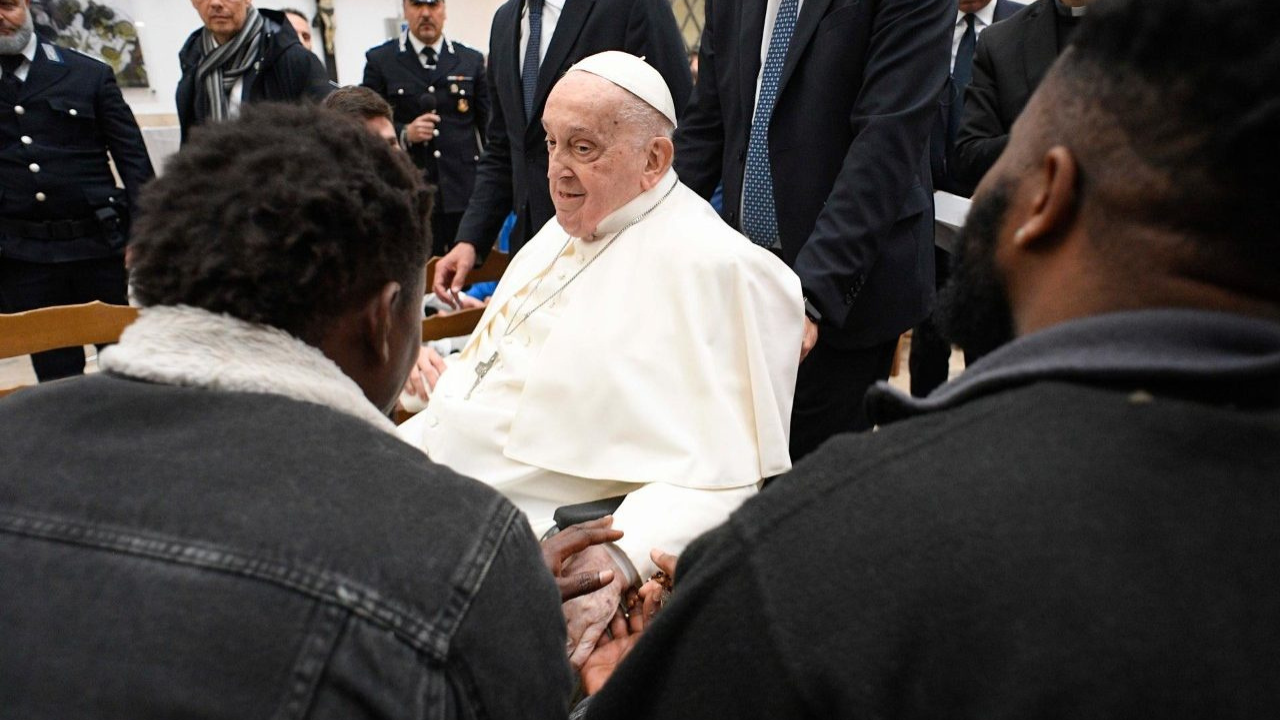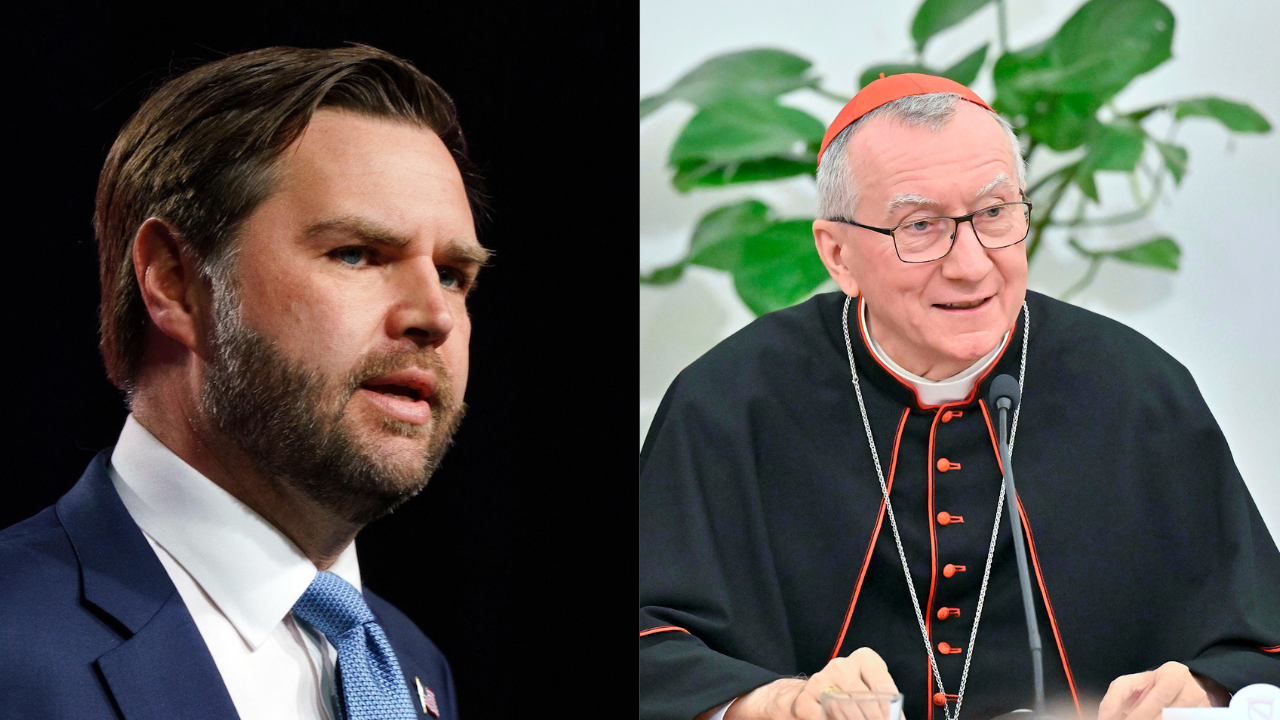During his homily at Casa Santa Marta, Pope Francis explained that Jesus had authority because he was coherent. That is, He lived what He taught. That's why Pope Francis invited Christians to follow Jesus' example, and criticized priests who fail to do so.
POPE FRANCIS
“So much harm is done by incoherent Christians who don't give witness, and by incoherent, schizophrenic shepherds who don't give witness!”
The pope reminded that authority is not a mandate, but rather, the fruit of testimony and coherence. He assured also that people are wise and know how to distinguish between those who are hypocrites and those who are not.
SUMMARY OF POPE'S HOMILY
(Source: Vatican News)
Pope Francis based his homily on the day’s Gospel where St. Mark notes that “Jesus taught as one having authority.” As Jesus preaches in the synagogue, the evangelist focuses on the reaction among the people to His way of acting with “authority,” unlike the scribes. The Pope thus explains the difference that exists between “having authority,” or, the “inner authority” of Jesus, and the authority of the scribes who exercise it but “without having it.” Despite being experts in teaching the law and listened to by the people, they were not credible.
The pope said the authority of the Jesus is one of “lordship,” with which He moved about, taught, healed and heard the people. This lordship that came from within demonstrates the consistency between His teaching and His actions. The pope said it is this consistency, this testimony that gives authority to a person. Hence, authority is seen in coherence and testimony.
On the contrary, the Pope pointed out, the scribes were not consistent, which is why Jesus admonished the people to “do what they say but not what they do.” Jesus also did not miss an opportunity to reproach the scribes because “with this attitude,” the pope said, they had fallen into a “pastoral schizophrenia,” saying one thing and doing something else. At times, in the Gospels, Jesus sometimes puts them in a corner, does not give them any answers or just describes them.
The pope said the word Jesus uses to describe this inconsistency and schizophrenia is “hypocrisy.” Several times, in Chapter 23 of Matthew’s Gospel, Jesus calls the scribes and Pharisees “hypocrites.” The pope said “hypocrisy is the way of acting of those who have responsibility for people, hence pastoral responsibility, but are not consistent.” They are not lords and do not have authority, but the people of God are meek and tolerate many hypocritical and schizophrenic pastors who are not consistent, who say one thing and don't do it themselves.
The pope explained that the people of God who are very tolerant can recognize the power of grace. This, he said, is shown in the First Reading from the Book of Samuel where the elderly priest, Eli “had lost all authority, with only the grace of anointing remaining. With that grace, he blessed and performed the miracle for Anna who, distraught by grief, was praying to be a mother.
Reflecting on this episode, the pope said the people of God can distinguish well between a person's authority and the grace of anointing. They can make out a confessor after the heart of Christ. “This,” the Holy Father said, “is the wisdom of our people, who many times tolerate many incoherent pastors like the scribes and even Christians who go to Mass every Sunday and then live like pagans.” People can easily recognize a scandal and incoherent behavior. Incoherent Christians who don’t give witness and incoherent and schizophrenic pastors who don't give witness, do much harm, the pope said.
He thus prayed that all baptized may have the “authority” that “does not consist in commanding and making oneself heard, but in being consistent, being a witness and for this reason, being companions on the way of the Lord.”
Ángeles Conde
Translation: Claudia Torres

